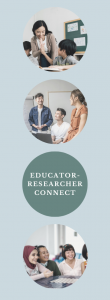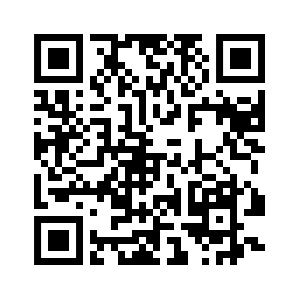How do Singaporean children understand “I can choose”?
Phase 2: Examining early development of free will, mindset, achievement goals, and persistence
Project ID: OER 16/22 YY
Subject area: Character and Citizenship Education (CCE) and Social and Emotional Learning (SEL)
Principal Investigator: Dr Yue Yu
Email: yue.yu@nie.edu.sg
About the project
In response to an ever-changing and increasingly complex world, Singapore’s education system is moving towards focusing more on nurturing lifelong learners who are self-determined and intrinsically motivated (Liu et al., 2016; Ministry of Education Singapore, 2013a). At the core of self-determination lies the belief about freedom of choice and change that one can choose to try challenging tasks and persist despite obstacles or failure, and change to become more competent and disciplined. Research has shown that these achievement-related beliefs have long-lasting consequences, as they are associated with people’s self-efficacy, intrinsic motivation, academic and job performance, well-being, and perceived meaningfulness of life (Crescioni et al., 2016; Patall et al., 2008; Stillman et al., 2010).
Developmental studies have shown that compared to older children and adults, young children are more restrained in what they believe one can choose to do or change. For example, preschoolers assert that people cannot choose to do something they dislike, something nobody else does, or become smarter by working on a difficult problem (Kinlaw & Kurtz-Costes, 2007; Kushnir et al., 2015; Shtulman & Phillips, 2018). Recent studies suggest that Singaporean children may be particularly reluctant to endorse freedom of choice, as compared to their peers in the U.S. and China.
Significant cultural differences can be traced back to as early as 4 years of age, and the gaps do not close throughout early childhood (Chernyak et al., 2019; Wente et al., 2020; Zhao et al., 2021). Given that these achievement-related beliefs may have implications for young children’s self-control, resilience, and intrinsic motivation (Burnette et al., 2013; Eccles & Wigfield, 2002; Iyengar & Lepper, 1999; Wente et al., 2016; Yeager & Dweck, 2012), it is important to examine the developmental roots and environmental influences of these beliefs, as well as how they vary between individuals and between culture.
The proposed study aims to address three objectives with three studies. Objective 1 (Study 1): Examine individual differences in Singaporean children’s achievement-related beliefs, goals, and memories. We will interview Singaporean children aged 4y to 10y on questions regarding their free will belief, mindset, achievement goals, and achievement-related memories. We will examine relations between these measures, and whether they differ from results from American children. Objective 2 (Study 2): Trace Singaporean children’s early achievement-related behaviours and parents’ reactions to it. For 3 visits (1.5y, 3y, 4y) from a longitudinal study (BE-POSITIVE), we will code and analyse children and parents’ behaviours when presented with a challenging task after an easy task. Objective 3 (Study 3): Investigate how early achievement-related experiences predict 4-year-olds’ achievement-related beliefs, and explore potential moderating factors. Children from Study 2 will be interviewed with questions used in Study 1 to examine the relation between children’s earlier achievement-related experiences and later achievement-related beliefs. We will also explore the potential moderating roles of external factors such as family background, and internal factors such as children’s temperament.
Looking for
|
What will be expected of you
|
Other note(s)
|



